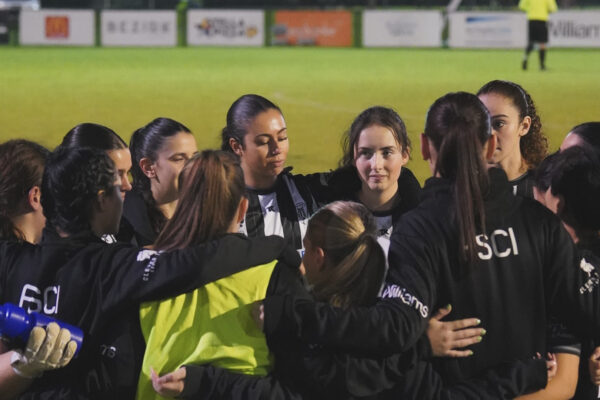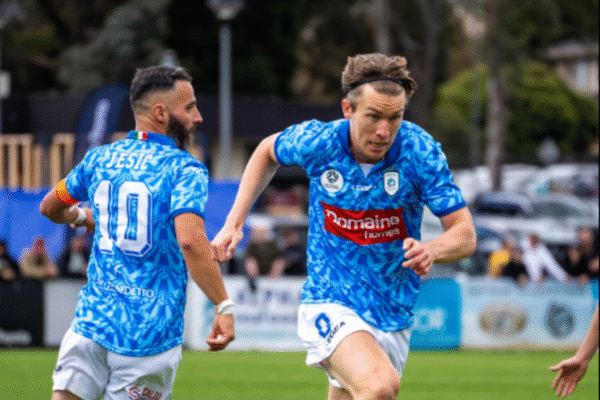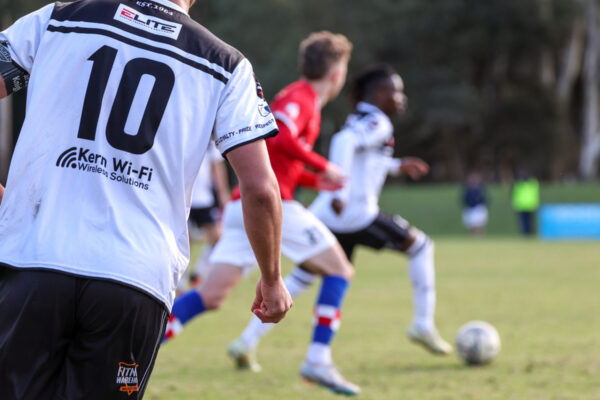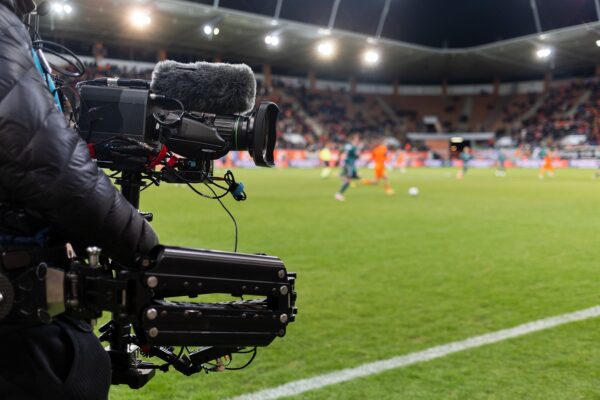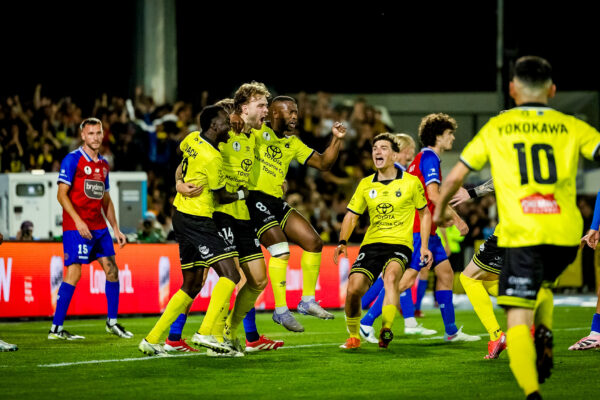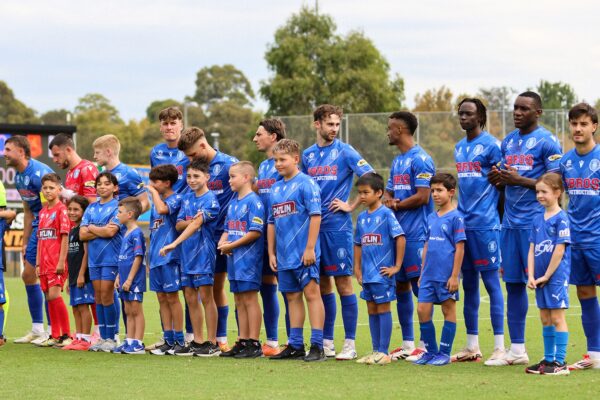
Football Victoria (FV) and Professional Footballers Australia (PFA) have announced that Hakeem Al-Araibi’s role as FV’s Community and Human Rights Advocate will now be a permanent full-time position.
Al-Araibi was released from a Thailand prison earlier this year, after being detained there for a period of more than 70 days. His story garnered attention in Australia and around the world, with former Socceroos captain Craig Foster leading the charge to bring al-Araibi home.
Read More: How Hakeem Al-Araibi’s triumphant return to Australia demonstrates the beauty of soccer
He was released from the prison in February after a worldwide campaign.
The 25-year-old returned to play for Pascoe Vale FC in March, whilst also representing FV at community football clubs, gala days and various other events in Victoria and around the country.
Al-Araibi received his Australian citizenship after his return to Australia this year.
“I am very proud and happy to be able to work in the Victorian and Australian football communities full-time to share my story. I want people to continue to play football because it’s a very important part of the community and our lives,” Mr al-Araibi said.
FV CEO Peter Filopoulos and PFA Chief Executive John Didulica claimed Hakeem’s work inspiring Victoria’s multicultural football communities was extremely successful and that it was important to put him in a full-time position in the FV setup.
“Hakeem’s story shows the true power and positive impact football can have both here and around the world. His strength and resilience make him truly an inspirational person and emerging young leader,” Mr Filopoulos said.
“We are very proud to continue to work with Football Victoria to ensure Hakeem’s ongoing employment. Hakeem’s campaign was a great demonstration of the power of the game united, so to be able to continue to work with Hakeem and our colleagues within the football family at FV is genuinely important and of great benefit to so many young players,” Mr Didulica concluded.



